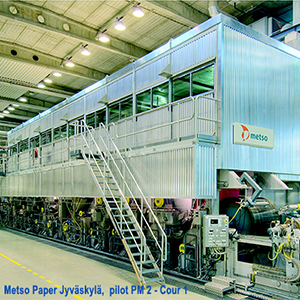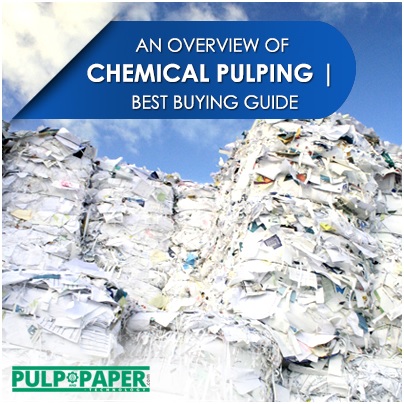Types of Solid Waste Disposal and Management

Definition:
Solid Waste Disposal and Management:
Garbage arising from human or animal activities, that is abandoned as unwanted and useless is referred as solid waste. Generally, it is generated from industrial, residential and commercial activities in a given area, and may be handled in a variety of ways. However, waste can be categorized based on materials such as paper, plastic, glass, metal and organic waste. Solid waste disposal must be managed systematically to ensure environmental best practices. Solid waste disposal and management is a critical aspect of environmental hygiene and it needs to be incorporated into environmental planning.
Solid waste disposal and management includes planning, administrative, financial, engineering and legal functions. It is typically the job of the generator, subject to local, national and even international authorities.
Introduction:
Solid waste disposal management is usually referred to the process of collecting and treating solid wastes. It provides solutions for recycling items that do not belong to garbage or trash. Solid waste management can be described as how solid waste can be changed and used as a valuable resource.
Improper disposal of municipal solid waste can create unsanitary conditions, and these conditions in turn lead to pollution of the environment. Diseases can be spread by rodents and insects. The tasks of solid waste disposal management are complex technical challenges. They can also pose a wide variety of economic, administrative and social problems that must be changed and solved.
Methods of Solid Waste Disposal and Management:
Here are the methods of solid waste disposal and management:
1) Solid Waste Open Burning
2) Sea dumping process
3) Solid wastes sanitary landfills
4) Incineration method
5) Composting process
6) Disposal by Ploughing into the fields
7) Disposal by hog feeding
8) Salvaging procedure
9) Fermentation/biological digestion
1. Solid Waste Open Burning
Solid waste open burning is not the perfect method in the present scenario.
2. Sea Dumping Process
This sea dumping process can be carried out only in coastal cities. This is very costly procedure and not environment friendly.
3. Solid wastes sanitary landfills
Solid wastes sanitary landfills process is simple, clean and effective. In this procedure, layers are compressed with some mechanical equipment and covered with earth, leveled, and compacted. A deep trench of 3 to 5 m is excavated and micro-organisms act on the organic matter and degrade them.
In this procedure, refuse depth is generally limited to 2m. Facultative bacteria hydrolyze complex organic matter into simpler water soluble organics
| Also Read: Innovations in Sustainable Waste Management: Paving a Greener Future |
4. Incineration method
Incineration method is suitable for combustible refuse. High operation costs and construction are involved in this procedure. This method would be suited in crowded cities where sites for land filling are not available.
It can be used to reduce the volume of solid wastes for land filling.
5. Composting process
Composting process is similar to sanitary land-filling and it is popular in developing countries. Decomposable organic matter is separated and composted in this procedure. Yields are stable end products and good soil conditioners. They can be used as a base for fertilizers.
Two methods have been used in this process:
a)Open Window Composting
b) Mechanical Composting
6. Disposal by Ploughing into the fields
Disposal by ploughing into the fields are not commonly used. These disposals are not environment friendly in general.
7. Disposal by hog feeding
Disposal by hog feeding is not general procedure in India. Garbage disposal into sewers including BOD and TSS increases by 20-30%. Refuse is ground well in grinders and then fed into sewers.
8. Salvaging procedure
Materials such as metal, paper, glass, rags, certain types of plastic and so on can be salvaged, recycled, and reused.
9. Fermentation/biological digestion
Biodegradable wastes are converted to compost and recycling can be done whenever possible. Hazardous wastes can be disposed using suitable methods.
Conclusion:
Following these procedures/process can help to manage solid waste disposal.









